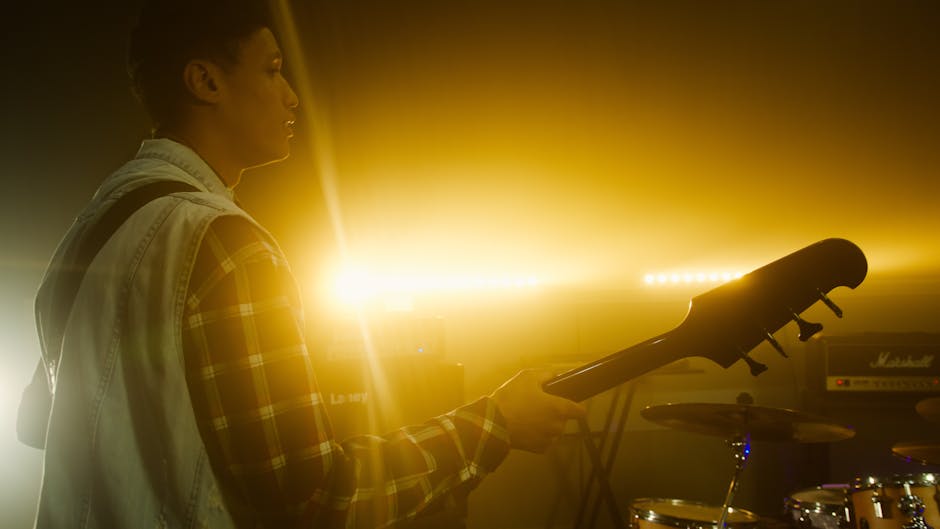How Guitar Hero Made Everybody a Rock Star
In the mid-2000s, a video game transformed living rooms into concert stages and casual players into air-guitar legends. Guitar Hero, launched in 2005 by Harmonix, didn’t just entertain—it rewired music fandom, gaming culture, and even career dreams. For a golden era, it convinced millions they could be rock gods.
The Birth of a Gaming Revolution
Before Guitar Hero, rhythm games were a niche hobby. But the thrill of gripping a plastic axe and nailing iconic riffs—from Jimi Hendrix to Metallica—turned gaming into performance art. The formula was simple: match colored notes with button presses and strum in rhythm. Yet the magic was undeniable. Players weren’t just hitting buttons; they were headlining.
The genius? Accessibility. Kids who’d never touched a guitar could “shred” Sweet Child O’ Mine on expert mode, living out rockstar fantasies without years of practice.
A Cultural Earthquake
Guitar Hero became more than a game—it was a social phenomenon. Parties revolved around high-score battles, and DragonForce’s Through the Fire and Flames became the ultimate flex (and fail). Its influence reached beyond screens:
- Real guitar sales spiked as players sought to learn the actual instrument.
- Bands like The Killers and Fall Out Boy licensed tracks, seeing the game as a promotional goldmine.
- Rock icons like Tom Morello credited it for reviving youth interest in guitar music.
The Meteoric Rise and Crash
At its peak, Guitar Hero was a $2 billion franchise, with sequels and spin-offs (Rock Band) dominating living rooms. But by 2011, oversaturation—too many games, too many plastic peripherals—led to its demise.
Yet its legacy echoes in modern music games (Beat Saber, Fortnite concerts) and a simple truth: it democratized rock stardom, one living-room encore at a time.
Why We Still Crave That Rush
Today, Guitar Hero thrives in nostalgia. Millennials recall blistered thumbs from marathon sessions; Gen Z revives its memes. Its gift? Letting anyone, anywhere, feel the roar of a crowd and the sweat of a solo—no talent required.
In a world of ultra-realistic games, Guitar Hero stands as proof that fun and fantasy still rule. It didn’t just mimic rock—it let you become it.
Did Guitar Hero make you pick up a real guitar? Share your story below! 🎸




